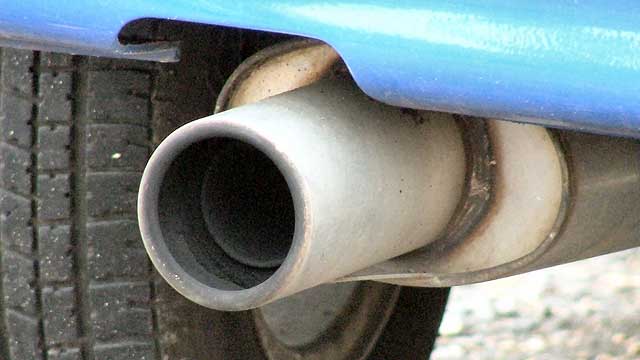Westminster City Council has launched a crackdown on motorists who leave their car idling and refuse to turn it off – issuing £20 fines in a bid to tackle pollution.
The borough will be policed by a team of traffic wardens who will ask drivers of stationary cars to turn their engine off, only issuing penalties as a “last resort” says the council.
The clampdown will begin on 1 May, and follows a similar move by Islington Council, which deliberately set out to target drivers of diesel cars.
But the Institute of Advanced Motorists IAM has dismissed it as a way to make money.
Director of policy and research at IAM, Neil Greig, told the BBC: “If they target private car drivers pulling up for a moment in relatively clean, modern cars in a draconian way – whilst ignoring old buses, coaches, large trucks, utility company vans or taxis idling for long periods – then it will quickly be seen as yet another revenue-raising exercise.”
